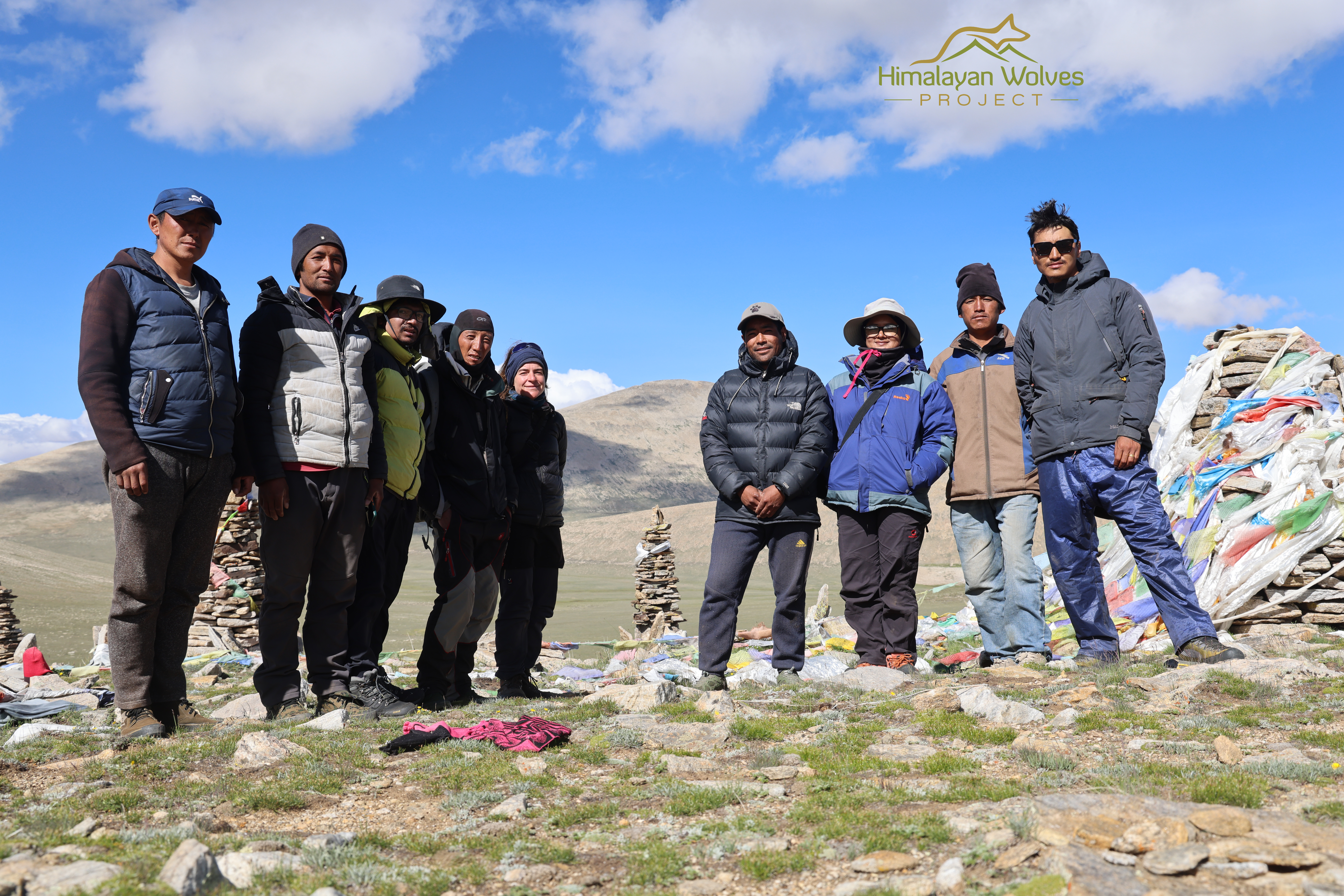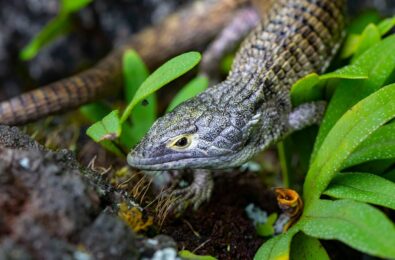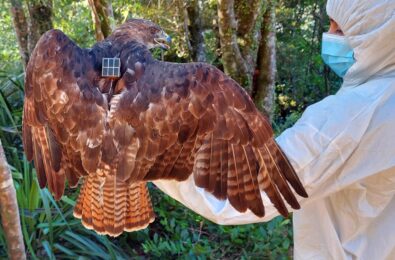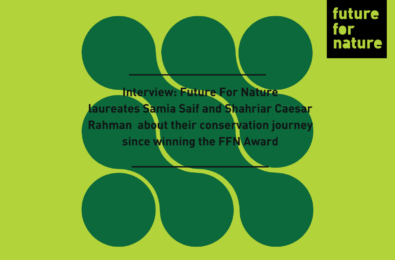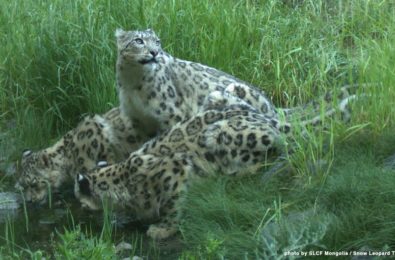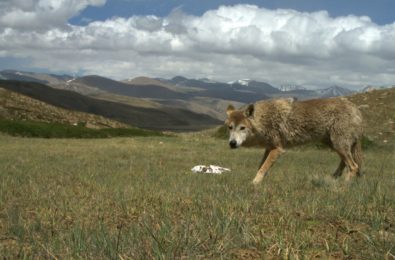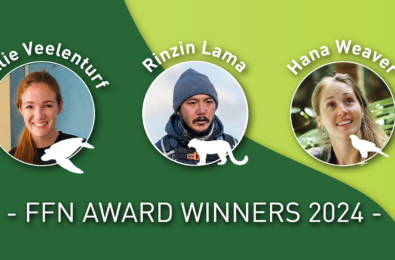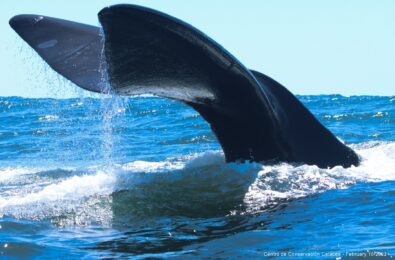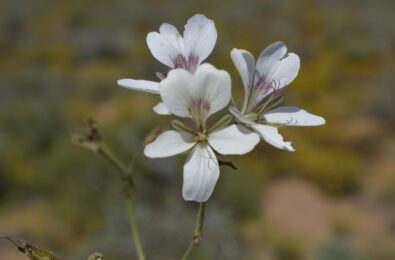A Field Update From Nepal
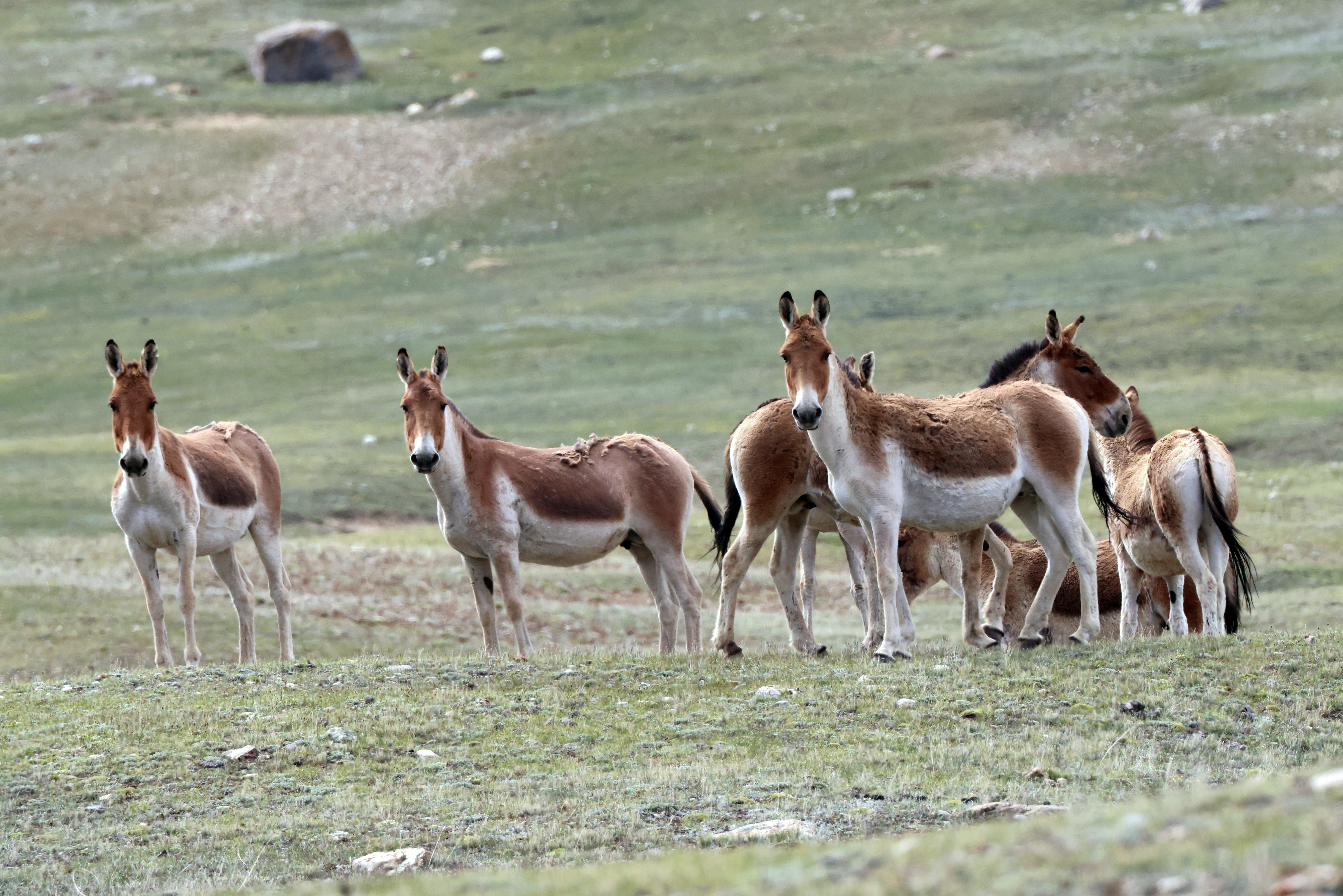
Geraldine Werhahn (winner 2018) and her team at the Himalayan Wolves Project have recently returned from a successful field expedition to upper Humla Nepal. The team has kicked off a three-year project phase that includes science and conservation action in close collaboration with local communities.
For their scientific work the team continues to monitor wolves with genetic sampling of wolf scats together with RZSS WildGenes. In addition, they use camera traps to explore if non-invasive genetic sampling or camera trapping is a more effective method for the long-term monitoring of the Himalayan wolf population in the harsh high-altitude Himalayan habitats. And they will also continue the monitoring of ungulate and small mammal populations. Geraldine and her colleagues were very happy to find a healthy population of Kiang and Tibetan Gazelle as well as many Himalayan marmots and Woolly hare.
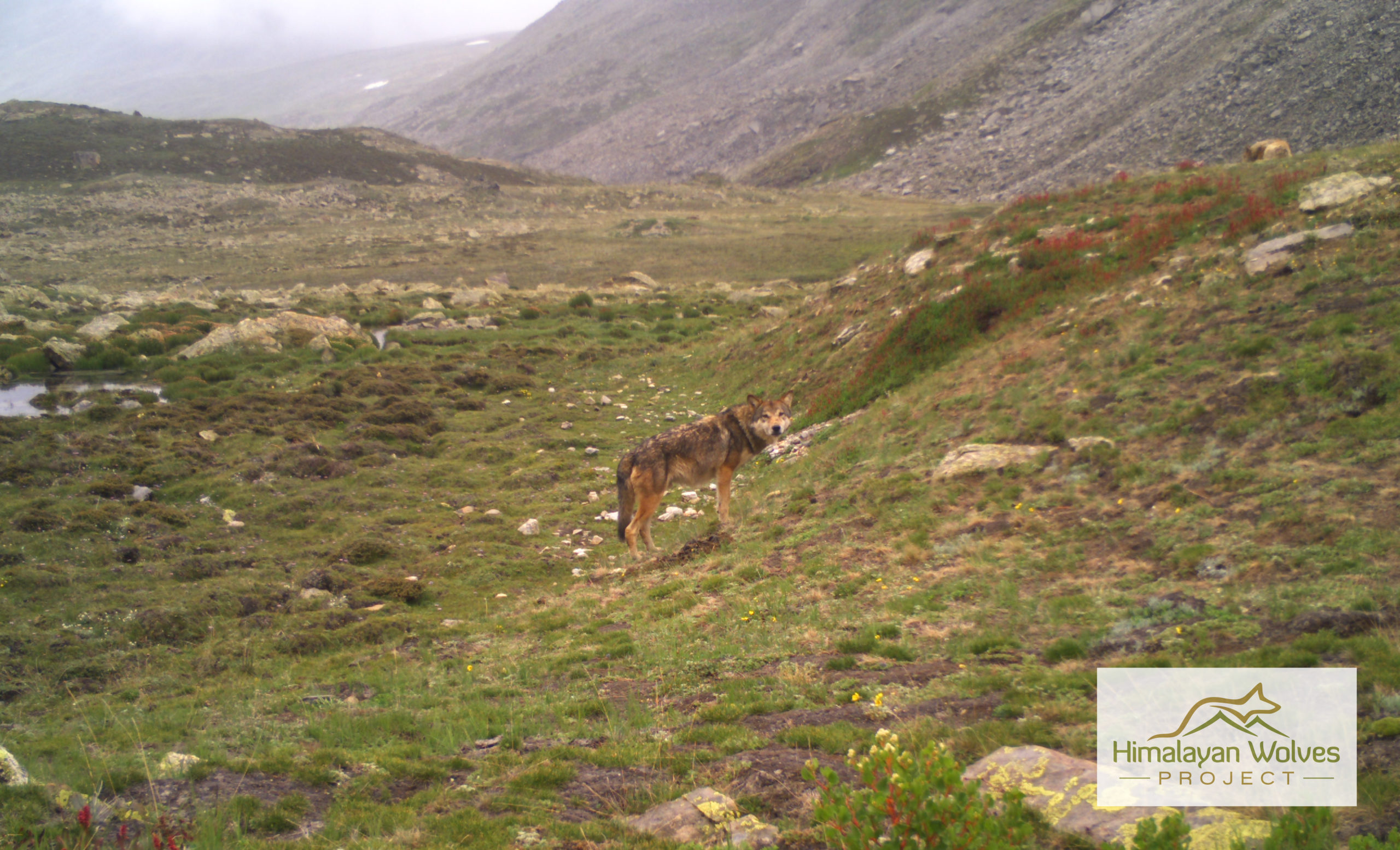
Local people keep fewer livestock these days due to alternative sources of income and the livestock present in wolf habitat is herded with more vigilance. This trend of fewer livestock combined with healthy prey populations facilitates a positive coexistence of humans and wolves. As a result, no conflict with wolves has been reported by local people this year. This finding was vividly illustrated by their observation of a wolf pack with 7 pups thriving in the pasturelands less than a kilometre away from a livestock herd with 75 female yak-cow hybrids and their young without any depredation conflict. This is a wonderful development and illustrates the importance of healthy wild prey populations to encourage a positive human-wolf coexistence.
For the conservation actions Geraldine and her team are conducting diverse activities with local communities from improving infrastructure to keep livestock safe, to forming community conservation groups, to running educational workshops, and distributing their educative animal book titled “The Web of Life – A Transhimalayan Animal Adventure“.
